Hospitality businesses in Elgin have called for a single change they believe could help new starts in the industry survive and long-established ones continue to thrive.
Sector leaders say firms are still in “survival mode” after being amongst the hardest hit during the Covid pandemic.
Some businesses have reduced opening hours, others have called for extra government support while some have had to close their doors completely.
However, Elgin hospitality businesses believe one change could unlock thousands of pounds every year for them to help the industry thrive.
They have backed calls to reduce the VAT rate from 20% to 12.5% for the sector to help them cope with crippling costs.
The tax is the percentage of all sales that companies must pass onto the government instead of keeping it for themselves.
But how would reducing the VAT rate for hospitality businesses help Elgin firms? The Press and Journal has spoken to them to find out.
‘As soon as I put salad on a plate I have to pay tax’
Marius Puscas opened Planta on Elgin’s Batchen Street in the first months of the Covid pandemic.
Firms across the country faced completely unknown challenges as they battled to emerge from the other side of the lockdowns.
To help the industry survive, the UK Government reduced the level of VAT (value added tax) to just 5% between July 2020 and September 2021.
It was then raised to 12.5% until March 2022 before reaching its current 20%, which is among the highest in Europe.
The reduced rates provided vital support to allow Planta to survive through the Covid pandemic.
However, Mr Puscas says the increased level now is putting firms in jeopardy.
He said: “I think it is the biggest challenge for businesses right now.
“There’s a lot of pressure from everywhere in hospitality at the moment. I’m supporting 20 jobs here, it means a lot for the town.
“We only open in the evenings on Thursdays, Fridays and Saturdays. It’s too difficult to do it the rest of the week so we just do afternoons.”
Difficulty in sourcing supplies has led to food prices for Marius increasing by between 60% and 150% since opening with olive oil trebling in price.
Meanwhile, monthly electricity bills peaked at £6,000 after previously being as low as £1,200.
The business owner explained it was impossible to pass on all of the extra VAT costs to customers.
He said: “Suppliers don’t pay VAT, it’s just hospitality. So if one of my suppliers brings in a salad, for example, as soon as I put that on a plate and take it to a table I need to pay 20% tax.
“I can’t just add that onto all my prices, because people wouldn’t want to pay it.”
‘Hospitality isn’t a huge cash cow’
Faith Houlding has run Scribbles on Elgin High Street for more than 20 years.
She has kept a restaurant alive that a national chain had given up on, invested in equipment and its appearance and provided first jobs to countless local teens.
However, she too fears the current 20% VAT rate is crippling her ability to invest in the popular business further.
Scribbles has recently reduced its opening hours by one hour at the start and end of each day to limit outgoings in quiet periods of the day.
Faith said: “If we were to price our products to cover the current VAT rate then it wouldn’t be realistic for customers to expect to pay that.
“There should be an acknowledgement that there should be a reduced rate. Hospitality isn’t the huge money machine or cash cow that people think it is.
“If we want to think about things that can drive businesses forward with things like cafe culture then we have to do something about VAT.”
‘Hospitality firms will continue to close without VAT support’
Moray Chamber of Commerce has joined business leaders across the country in campaigning for the VAT rate for hospitality businesses to be reduced from 20% to 12.5%.
Chief executive Sarah Medcraf described the financial burden as a “drag” on enabling the region to attract overseas visitors.
She said: “We know the impact that a lower rate of VAT has on the sector – it gets people through the door, it generates revenue.
“With costs increased across labour, food, energy, to name a few, it is the most trying time for this sector and it needs support.
“The number of businesses in hospitality have dropped 2.5% in the last year and will continue to do so without support.
“We need both governments and consumers to support the sector to ensure that Scotland can live up to its reputation on the world stage.”
What is being done to help Elgin hospitality businesses with VAT?
Elgin hospitality businesses are not the only ones calling for changes to VAT rates across the country.
Their calls have been echoed by the Scottish Chamber of Commerce and trade body UK Hospitality.
Last year, Richard Lochhead, the Scottish Government’s minister for small business, said the industry had made a “strong case” for reducing VAT.
The Moray MSP wrote to the previous UK Government to urge them to examine the case for themselves.
He wrote: “This could help boost business viability in a challenging trading climate.
“The cost to the Exchequer of a VAT cut could be partly mitigated by stimulating demand in the sector.”
Earlier this year the previous UK Government increased the threshold hospitality firms were liable for paying VAT to those with a £90,000 turnover – a move that supported 28,000 eligible businesses.
However, those over that threshold are still subject to the 20% VAT rate.
Read more from Elgin businesses
- How a business rates rethink could help fill Elgin town centre with independent traders
- Why Nelly Bo’s wanted to take on the challenge of one of the biggest empty units on Elgin High Street
- Elgin High Street pedestrianisation: The death of the town centre or the beginning of a shining new era?
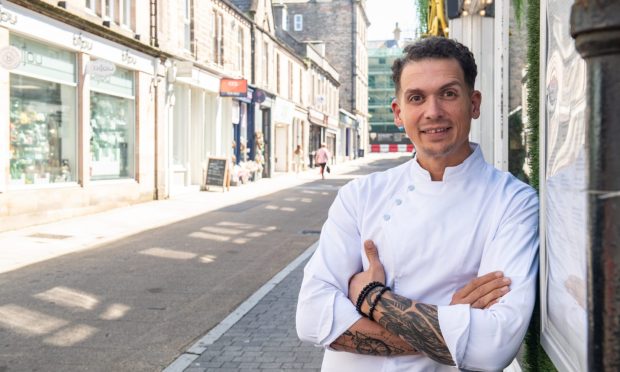
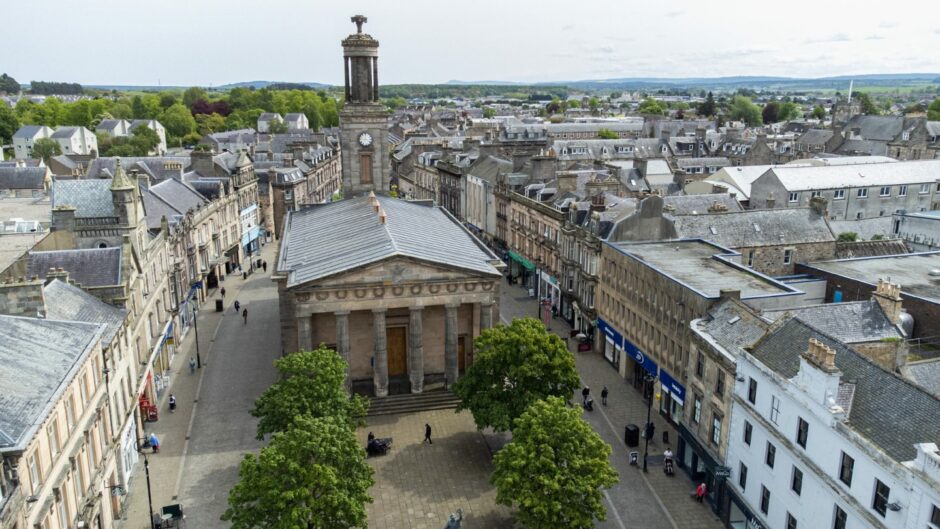
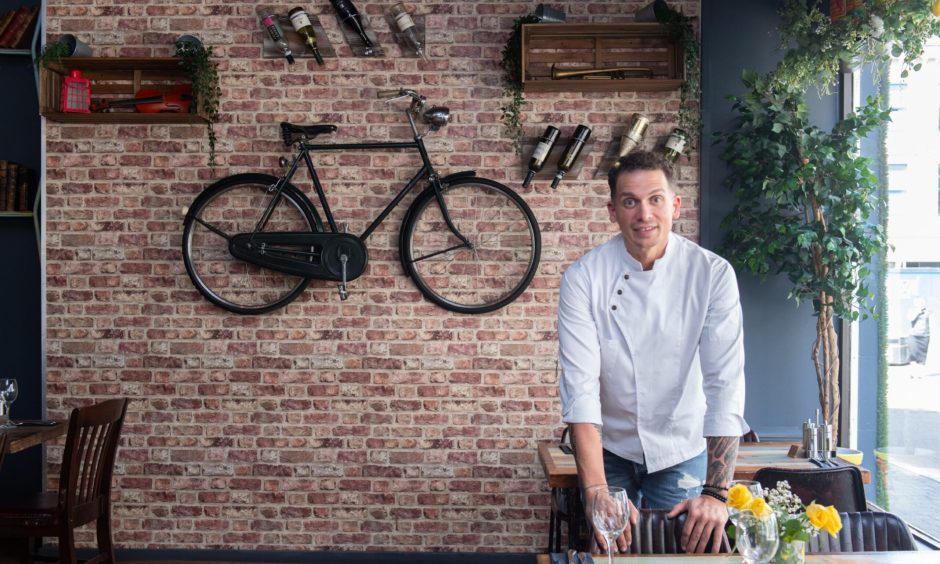
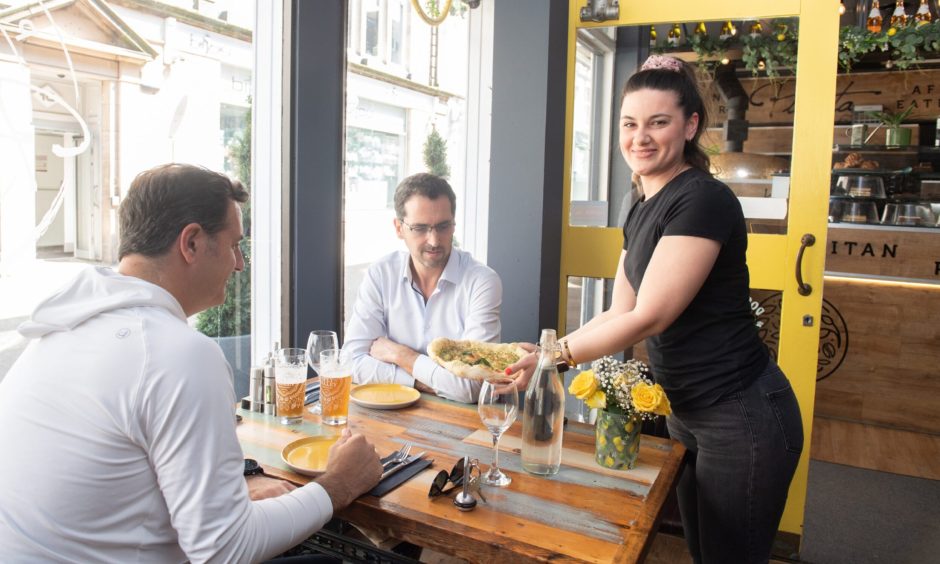
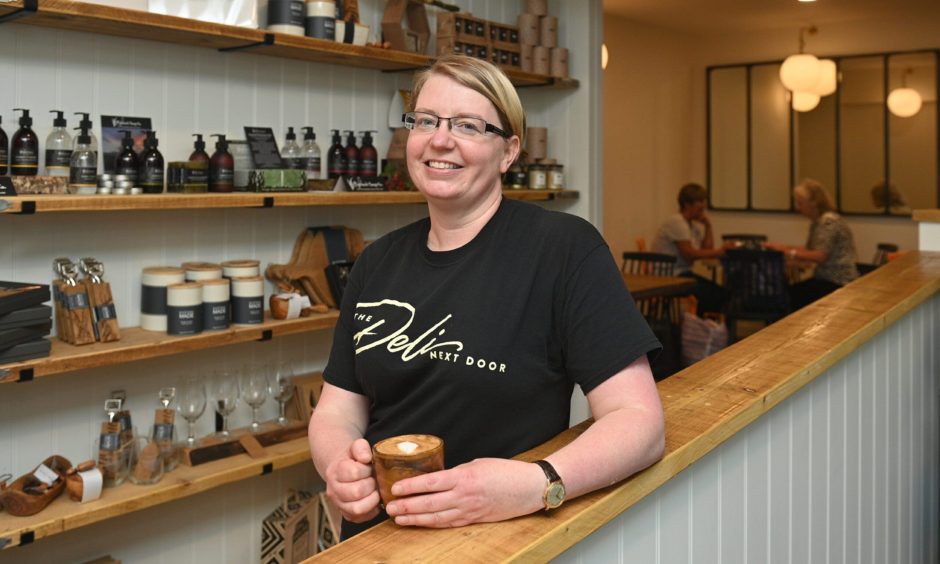
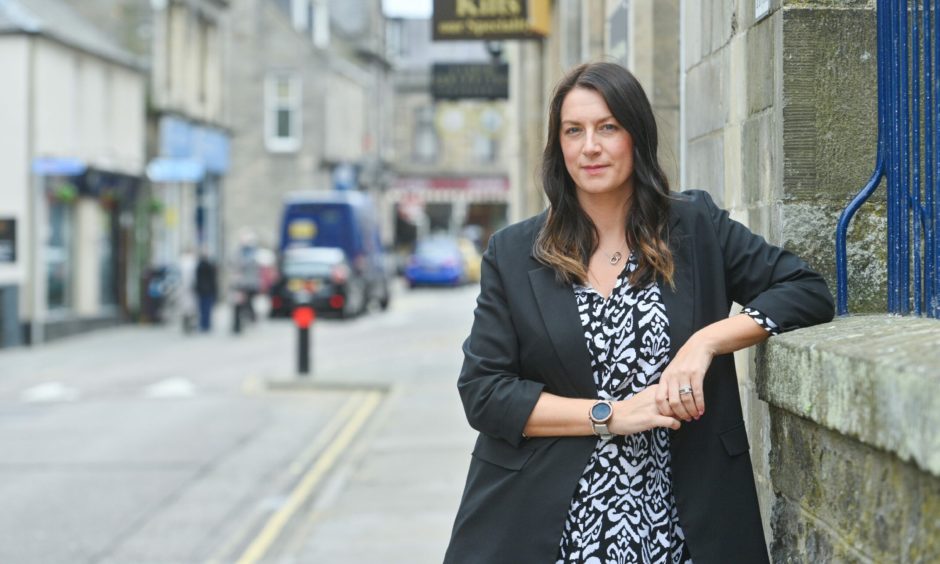
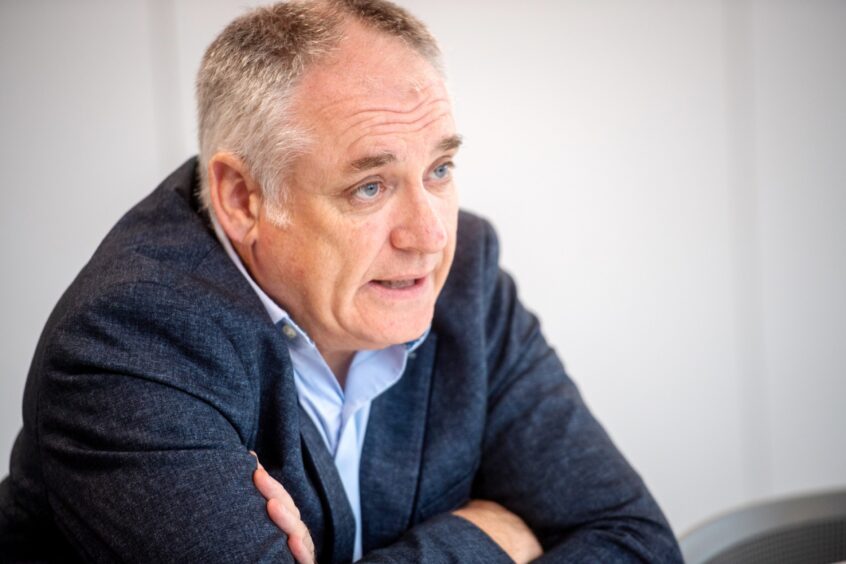
Conversation